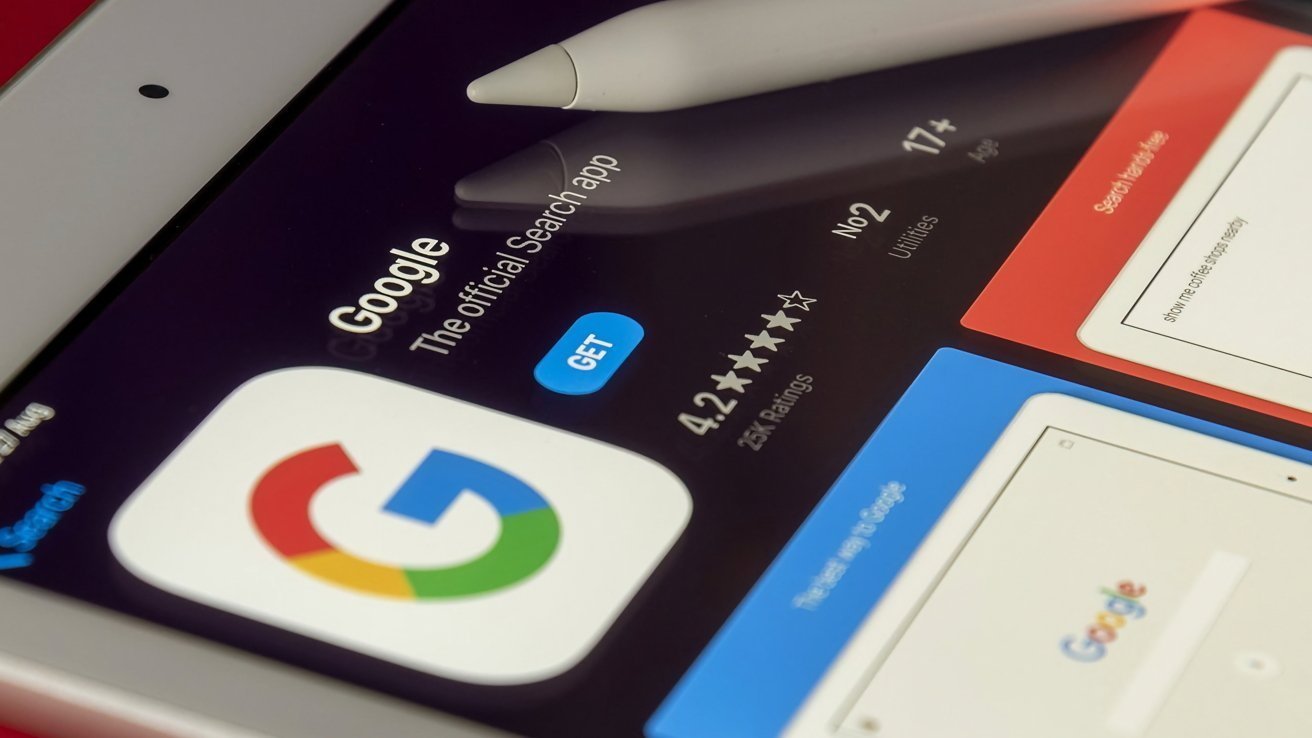In a landmark decision on April 17, 2025, U.S. District Judge Leonie Brinkema ruled that Google has unlawfully monopolized key segments of the digital advertising market. This ruling marks a significant victory for the Department of Justice (DOJ) and could lead to substantial changes in Google’s advertising operations.
Background of the Case
The DOJ, along with several states, initiated legal action against Google in 2023, alleging that the tech giant engaged in anticompetitive practices to dominate the digital advertising industry. The focus was on Google’s control over publisher ad servers and ad exchanges—critical components that facilitate the buying and selling of online advertising space.
Details of the Ruling
Judge Brinkema’s decision highlighted that Google willfully acquired and maintained monopoly power in the markets for publisher ad servers and ad exchanges. This dominance allowed Google to influence both the pricing and availability of online ad space, thereby stifling competition and harming publishers and advertisers reliant on its services.
The court found that Google’s integration of its publisher ad server (DoubleClick for Publishers) with its ad exchange (AdX) created an environment where competitors were effectively excluded. This integration led to higher prices for advertisers and reduced revenues for publishers, as they had limited alternatives outside of Google’s ecosystem.
Implications for Google’s Business
The ruling opens the door for potential structural remedies, including the divestiture of parts of Google’s advertising business. The DOJ has previously suggested that Google should separate its Google Ad Manager suite, which encompasses both the ad server and ad exchange components. Such a move would aim to restore competitive balance in the digital advertising market.
Google has announced plans to appeal portions of the ruling, describing the decision as mixed. The company contends that its advertising tools provide value to publishers and advertisers and that its practices are in line with industry standards.
Historical Context
This is not the first time Google has faced legal challenges over its market dominance. In August 2024, a federal court found that Google had unlawfully maintained a monopoly in the search engine market. The court determined that Google’s exclusive agreements with device manufacturers and browser developers to set its search engine as the default option suppressed competition and harmed consumers.
Broader Antitrust Efforts
The ruling against Google is part of a broader effort by the U.S. government to address antitrust concerns in the technology sector. The Biden administration has intensified scrutiny of major tech companies, including Meta and Amazon, to ensure fair competition and protect consumer interests.
Next Steps
The case will now proceed to a remedial phase, where the court will determine the appropriate measures to address Google’s anticompetitive conduct. Potential remedies could range from behavioral changes to structural separations of Google’s advertising business units.
Conclusion
Judge Brinkema’s ruling underscores the growing legal challenges facing tech giants over their market practices. As the case progresses, it will serve as a critical test of antitrust enforcement in the digital age and could have far-reaching implications for the online advertising industry.



